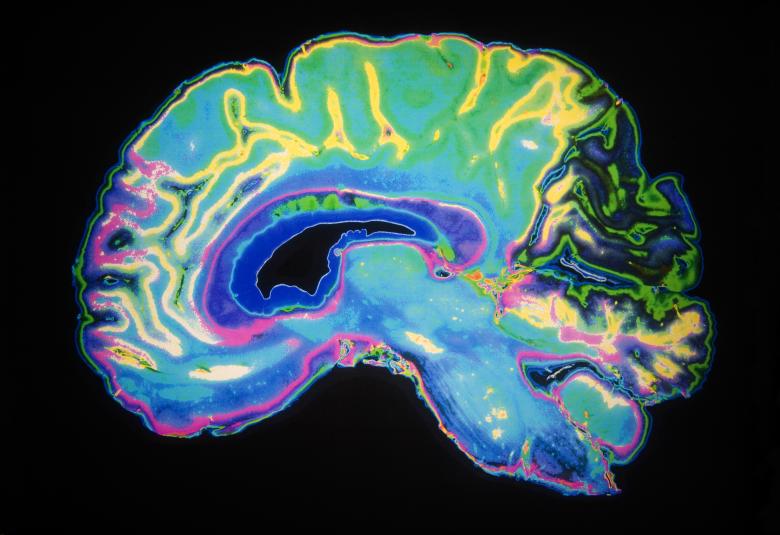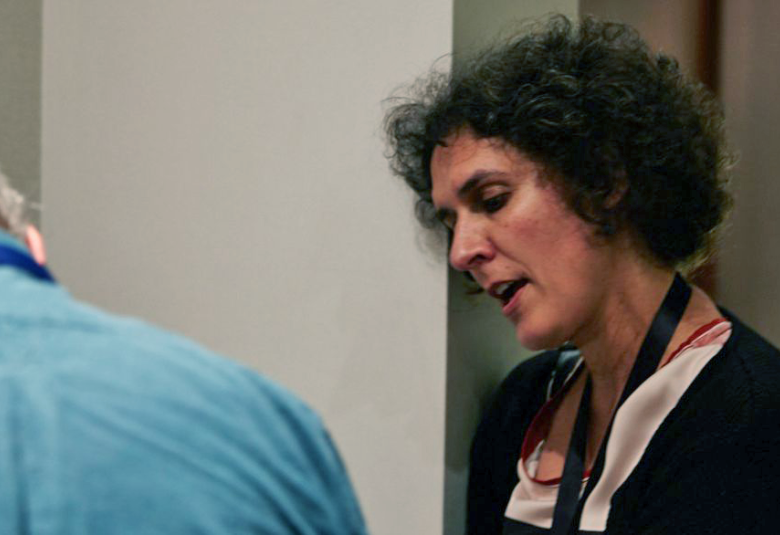Professor Silvana Galderisi, Naples, Italy, shared the expertise she has gained over the past 40 years managing patients with schizophrenia at EPA 2022 in an “Ask the Expert” webinar focusing on factors that influence real-life functioning in patients with schizophrenia and how to manage them.
Professor Galderisi explained that her interest in real-life functioning in patients with schizophrenia began early in her career. Although the positive symptoms could be controlled with antipsychotics, patients were not motivated to re-engage in life activities, such as school, work, socializing and leisure activities. At that time in the late 1980s and early 1990s, the possibility for recovery and for treatment to help people with schizophrenia get back their life was not a goal, unlike today.
Over the past decade, Professor Galderisi’s research has focused on the factors that influence outcome and are important for recovery, and psychosocial rehabilitation and cognitive training as treatment alongside pharmacologic interventions.
Factors that influence outcome and are important for recovery are psychosocial rehabilitation and cognitive training alongside pharmacologic interventions
Professor Galderisi highlighted the importance of communications that show a real interest in the patient, as a person, to optimize outcomes. She emphasized that it is important for healthcare professionals and providers of psychosocial interventions to not only discuss the patient’s symptoms with the patient, but also to show an interest in the patient’s life and previous experiences. Professor Galderisi suggested that conversations with patients should start by asking about where the patient lives, their family, and even if they have any pets.
Personalized cognitive training is extremely important for recovery
Cognitive training improves real-life functioning
Cognitive training, and particularly personalized cognitive training, is extremely important for recovery,1 said Professor Galderisi. First it is necessary to assess cognition using a comprehensive cognitive assessment tool, and then to target interventions specific to cognitive impairments, such as difficulties with short- or long-term memory or attention.
Professor Galderisi was asked for guidance on which cognitive assessment tools should be used. She advised that there are many tools for assessing cognition in schizophrenia, ranging from brief screening tools to more comprehensive assessment tools, but suggested that the MATRICS Consensus Cognitive Battery (MCCB) is best for an in-depth assessment.2
It is necessary to assess cognition using a comprehensive cognitive assessment tool, and then to target interventions specific to cognitive impairments
Professor Galderisi explained that the MCCB was developed following a long consensus process involving experts of cognition in schizophrenia who evaluated each domain and selected the most important functions that should be assessed, including attention, executive functions and memory. However, the test can take 1 hour to complete and may need to be carried out in two sessions.
The Brief Assessment Cognitive Scale (BACS) is a shorter assessment tool that takes around 30 minutes and is also quite comprehensive.3 Shorter tests are used for screening only and include the Montreal Cognitive Assessment4 and the mini-mental state examination.5
Our correspondent’s highlights from the symposium are meant as a fair representation of the scientific content presented. The views and opinions expressed on this page do not necessarily reflect those of Lundbeck.




